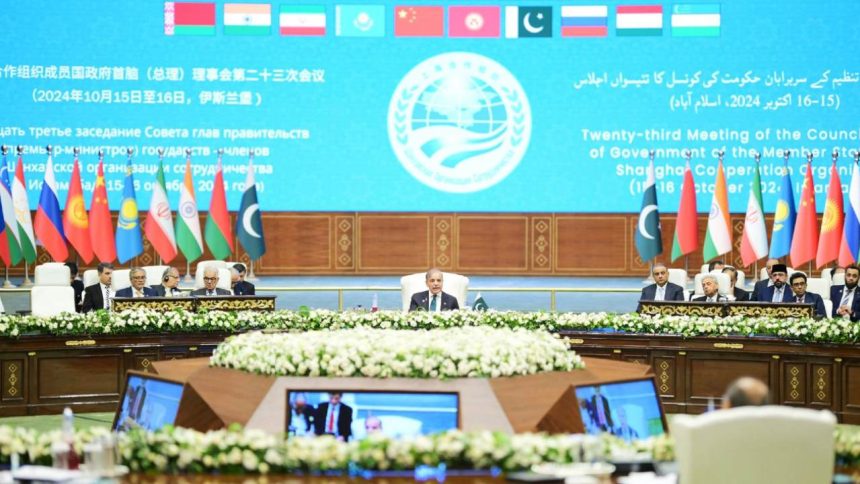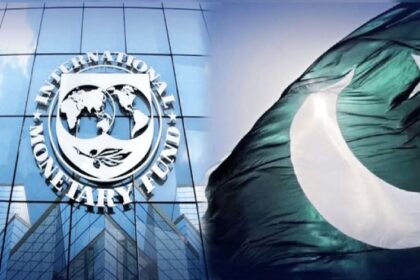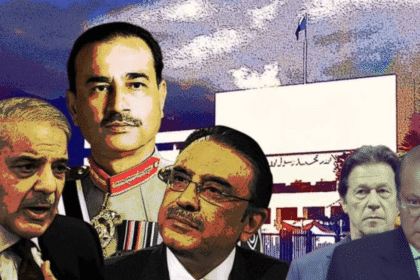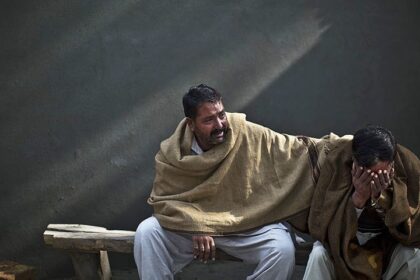Prime Minister Shehbaz Sharif has called for a united and stronger Shanghai Cooperation Organization (SCO) to bring about economic integration and development in the region.
Addressing the 23rd meeting of the Council of Heads of Government (CHG) of the SCO member states, he said it was high time for regional countries to set aside their ‘political’ differences and focus on connectivity projects that can benefit the entire region.
In his opening remarks, Shehbaz Sharif said that Pakistan is convinced that a stronger and more effective SCO is important for sustainable development. He urged the leaders of all the participating countries to avoid looking at these projects through a political lens and instead invest in strengthening regional connectivity, which he said is of paramount importance for realizing the shared goal of economic integration.
Climate change is an existential threat that transcends borders
As the host of the summit in Islamabad, he welcomed leaders and representatives from China, Russia, Kazakhstan, Tajikistan, Uzbekistan, Kyrgyzstan, Iran, and India. He reiterated Pakistan’s support for expanding cooperation under the SCO umbrella, especially in areas that promote trade, connectivity, and stability.
Much of the prime minister’s speech was focused on the need for enhanced cooperation in connectivity projects. He pointed to initiatives like the Belt and Road Initiative (BRI), China-Pakistan Economic Corridor (CPEC), and the International North-South Transport Corridor (INSTC). These projects, he said, must be expanded to strengthen economic ties across Eurasia. These are more than just transport links, he said, adding that they represent a shared vision of a connected region that benefits everyone.
The prime minister again stressed that the region must move beyond ‘political’ disagreements and work towards collective progress. He talked about Afghanistan’s strategic role in regional trade and transit, noting that the country offers potential to boost connectivity among SCO member states. However, he cautioned that stability in Afghanistan remains key to unlocking these opportunities.
“A stable Afghanistan is essential if we are to fully realize the trade and transit potential of this region,” he said, and urged the international community to step up its support for Afghanistan, especially through humanitarian aid, while calling on the Afghan interim government to embrace political inclusivity and prevent the use of Afghan soil for terrorism.
Shehbaz Sharif highlights FPCCI’s role in facilitating dialogue between SCO member nations
A chunk of the prime minister’s speech touched on two major issues facing the region: poverty and climate change. He called for greater cooperation among member states to tackle poverty and improve the living conditions of their people. “This is a shared responsibility,” he said, adding that Pakistan stands ready to support efforts that address the root causes of poverty and uplift the quality of life for everyone in the region.
On climate change, Shehbaz Sharif referred to Pakistan’s experience with the catastrophic floods of 2022, which left almost one-third of the country inundated and caused more than $30 billion in losses. “Climate change is an existential threat that transcends borders,” he warned, as he urged leaders to prioritize environmental cooperation within the SCO to build resilience and ensure a sustainable future.
The prime minister reaffirmed Pakistan’s commitment to the SCO’s ongoing reforms aimed at modernizing the organization and enhancing its capabilities. He said that while political alliances and economic agreements are vital, the real strength of the SCO lies in the cultural diversity and unity of its member states. He said that the joint communique adopted at the meeting showed the member states’ shared commitment to achieving sustainable, inclusive economic growth through better connectivity and forward-thinking mechanisms for green development.
He also talked about challenges posed by global financial systems and protectionist policies, and called for reforms that would ensure equitable development. Calling unilateral measures and protectionist trade policies ‘counterproductive’, he said there was a need for a global financial architecture that supports inclusive growth. He encouraged SCO member states to promote a business-friendly environment and boost private sector involvement.
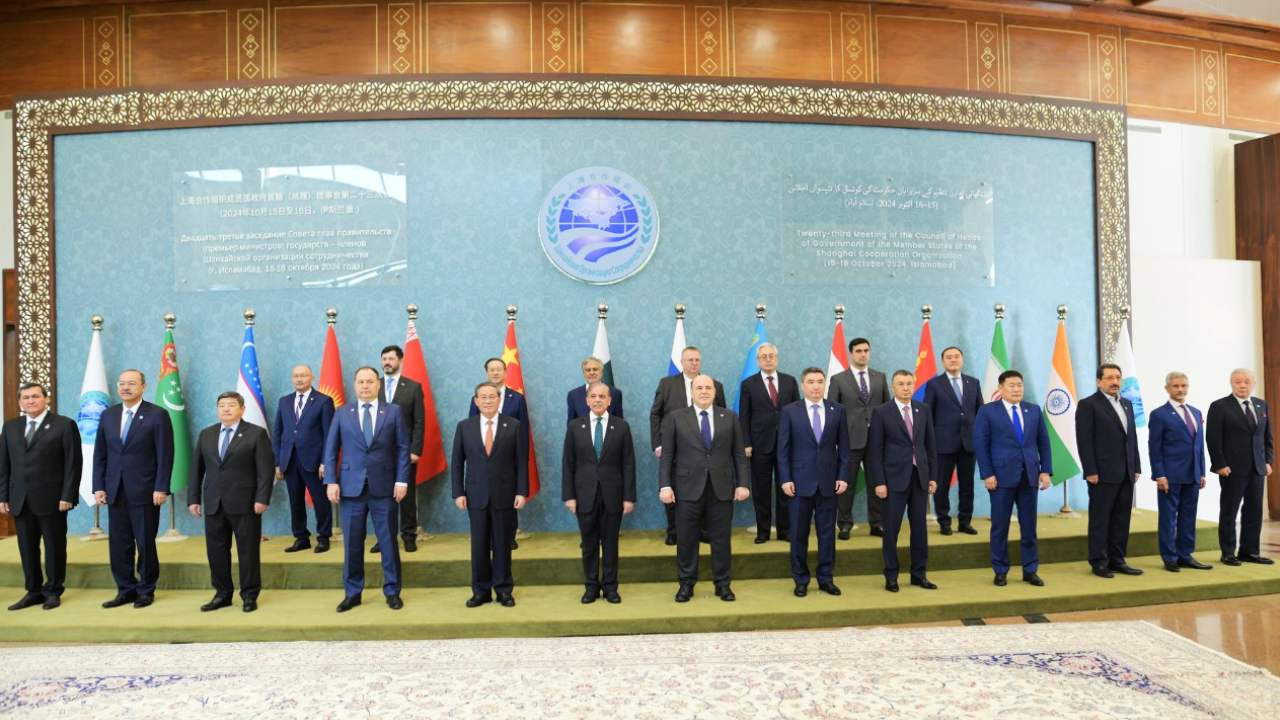
While mentioning this, he highlighted the role of Federation of Pakistan Chambers of Commerce and Industry in facilitating dialogues between SCO member nations. The prime minister expressed optimism about the outcomes of the summit, saying the meeting reflects the collective will of more than 40 percent of the world’s population to pursue regional prosperity and cooperation.






